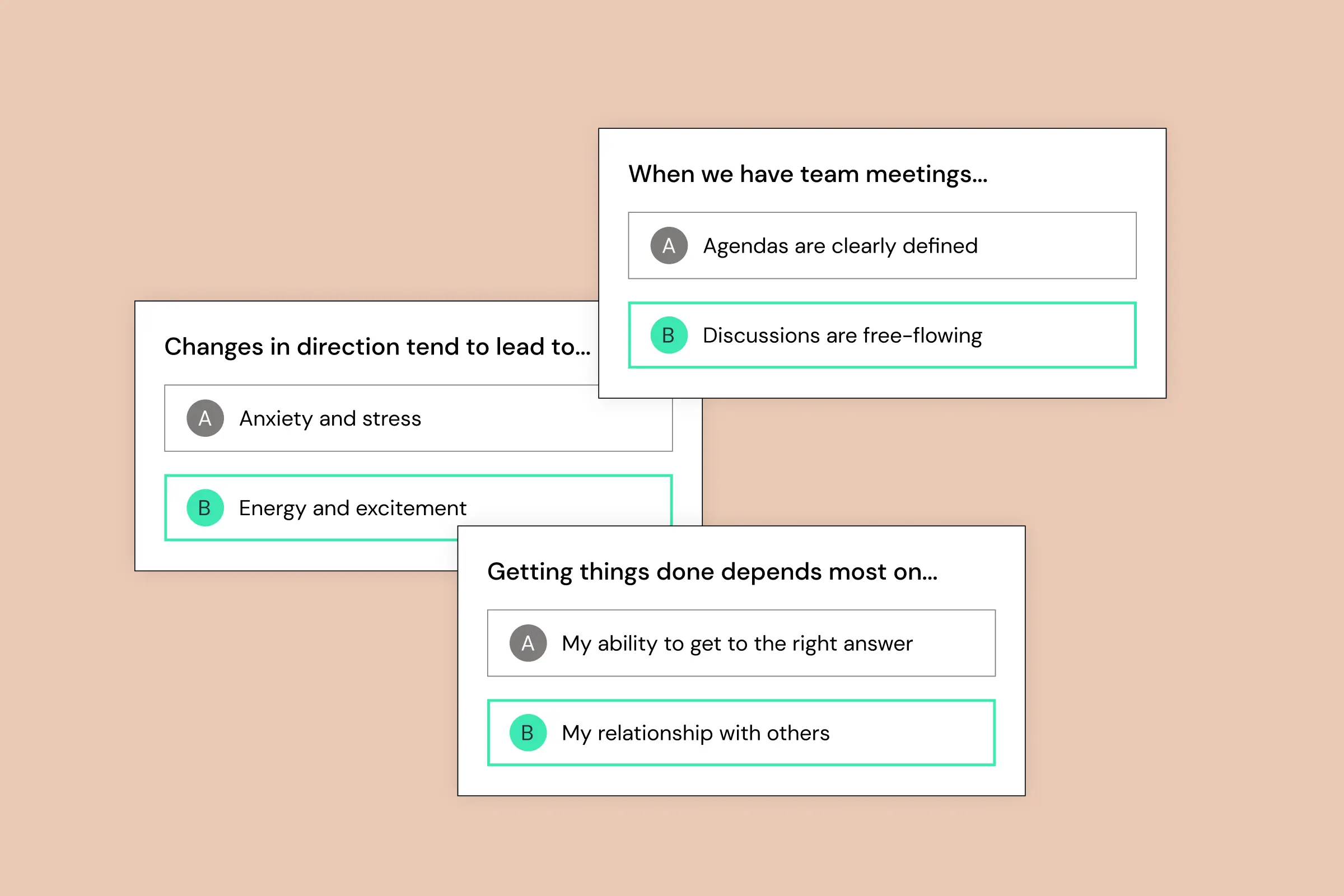??What is team culture and why is it important for team success???
Team culture refers to the shared values, beliefs, and behaviors that shape how team members interact and work together. It is crucial for team success because a strong culture boosts productivity, collaboration, and employee engagement. Conversely, a toxic culture can lead to dysfunction, high turnover, and legal issues. Cultivating a positive team culture should be a strategic priority for any high-performing team.
??How can sharing a team’s vision and goals improve team performance???
Sharing a team’s vision and goals helps ensure alignment with the overall company mission and provides a clear direction for everyone. By communicating these goals consistently and clearly, encouraging questions, and using storytelling and visuals, leaders can inspire motivation and foster a sense of ownership and purpose among team members.
??What are the best ways to improve communication within a team???
To improve communication within a team, set up regular meetings, encourage active listening and feedback, and use collaboration tools effectively. Create a transparent environment by establishing clear communication protocols, encouraging honesty and respect, and defining how your team shares information and decisions.
??How do you build a culture of trust and respect on a team???
Building a culture of trust and respect involves promoting open communication, valuing diverse perspectives, and fostering collaboration. Leaders should lead by example by actively listening, appreciating every team member’s input, and maintaining professionalism. This also includes setting clear expectations and holding everyone accountable.
??What strategies foster accountability in team environments???
To foster accountability, clearly define each member’s roles and responsibilities, set measurable goals, and track progress with suitable metrics. Encourage team members to take ownership of tasks and follow through on commitments. Celebrate wins and learn from setbacks to continually strengthen team accountability.
??Why is encouraging a positive attitude within a team important???
Encouraging positivity in a team nurtures a supportive work environment, enhances collaboration, and contributes to higher morale. Leaders can promote this by recognizing successes, modeling an optimistic approach, encouraging solution-focused thinking, and fostering a culture of gratitude and mutual support.
??How do you create a culture of continuous improvement in a team???
A culture of continuous improvement is built through promoting innovation, setting ambitious goals, and encouraging professional growth. Offer learning and development opportunities, give regular feedback, and celebrate progress. This empowers team members to strive for ongoing growth and excellence.
??What is the role of flexibility and adaptability in modern teams???
Flexibility and adaptability allow teams to respond to change and solve problems creatively. These qualities can be encouraged by supporting experimentation, providing skill development opportunities, and modeling adaptability as a leader. Rewarding team members who embrace challenges also reinforces these traits.
??How does empowering team members enhance performance???
Empowering team members by giving them autonomy, decision-making power, and recognition helps increase engagement and innovation. Leaders should define clear expectations, support their team, and recognize individual strengths. Empowered employees are more likely to take ownership and drive results.
??What are effective ways to support work-life balance in a team???
Supporting work-life balance involves offering flexible schedules, setting healthy communication boundaries, and encouraging time off and self-care. Leaders should model balance themselves and provide tools and resources to help teams manage their responsibilities efficiently, which in turn boosts productivity and retention.




.png)











































